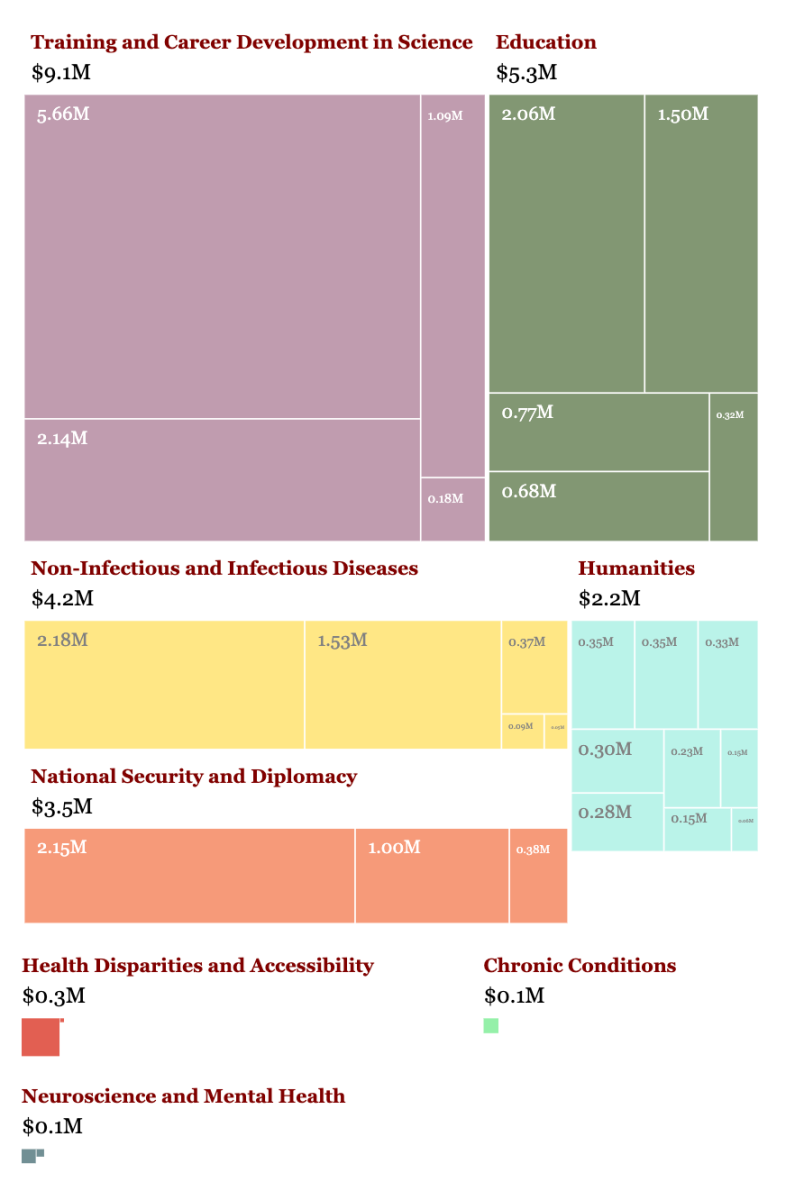How much of an economics school is UChicago? In 2018, John List, a professor in the University of Chicago’s economics department, introduced a new specialization called business economics. The specialization is tailored towards students interested in pursuing careers in the private, nonprofit, and public sectors. Although this specialization is tailored toward students aiming for industry careers, it has attracted a wide range of students, including those planning to attend graduate school. One possible reason for its growing popularity is the low number of course requirements as compared to other economics specializations. The rising interest in business economics raises the question: Has UChicago always been an “economics school,” or has its reputation in this field only recently surged?
To preface, UChicago’s demographics have shifted since 1979. The undergraduate population has grown by an astounding 172.5 percent, from 2,715 students to 7,398. The extreme growth of the student body prompts questions about how the economics program has responded: Has it expanded, remained stable, or declined in relation to the increasing undergraduate population?
As shown on the graph, the percentage of students majoring in economics has ranged from the lowest of 9.2 percent to the highest of 21.6 percent. With an average of 14.7 percent of students studying economics per quarter of a year, the economics presence at UChicago has been strong since the 1970s. It remains one of—if not the—most popular fields at the University. Though its popularity declined slightly in the early 2000s, economics remains one of the most favored fields at UChicago. Additionally, 2024 has had the highest percentage of students pursuing economics. In the years leading up to 2024, the percentage of students in economics had been in the high 15–18 percent range, steadily increasing towards the 20 percent mark. This increase may be attributed to the newly introduced business economics specialization mentioned above.
In comparison with other fields, such as computer science, economics has displayed more consistency over the decades. Computer science, on the other hand, experienced a rapid rise from near obscurity to being the second-most popular major at UChicago. Its growth is striking, with an increase of 42.6 in the percentage of students majoring and minoring in computer science between 1984 and 2024. To put this in perspective, only five students were declared computer science majors in 1984, compared to 486 economics majors, a 1:97 ratio. By 2024, those numbers had grown to 541 students in computer science and 1,595 in economics, a much closer 1:3 ratio.
To respond to the question of whether UChicago is an economics school, the answer is yes. Economics has been, and continues to be, a cornerstone of academic life at the university. While the recent introduction of the business economics specialization may have contributed to the program’s growth, it only builds on the historical strength of UChicago’s economics program, which has remained prominent at least since the 1970s (and perhaps before too, as the data is limited to 1970 and later). Moreover, although computer science has seen a surge in popularity, this new trend does not diminish UChicago’s long-standing reputation as a leading institution for economics. As the world shifts toward more technology-driven fields, UChicago’s tradition of excellence in economics is likely to continue thriving.








